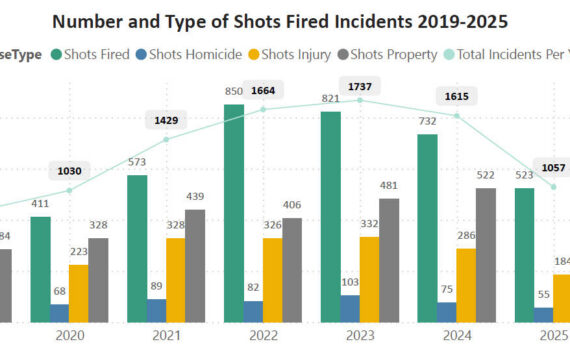Update 12/28/15: Today the state revealed that one prisoner released early killed a woman in a car accident during the time he should have been in prison. You can read the details at the Seattle Times.
Fifteen years ago, Marge Fairweather’s sister was murdered in Marysville.
For a year after the crime, she told the Everett Herald in 2013, she lived in a fog. “It takes you to a place you never ever thought possible,” she told the paper.
So Fairweather knows first hand what it means to be a violent crime victim. But no victim, she says, can speak for the next one. Each reacts, grieves and processes victimhood differently.
Which is why the executive director of the Everett-based Victim Support Center is taking a measured stance toward revelations Tuesday that the Department of Corrections has been releasing inmates early since 2002 due to a calculation error on time off for good behavior. According to a contrite Inslee administration, the error was first detected in 2012, but not fixed for three years because of IT problems. On average, the affected inmates were released 55 days early. Up to 3,200 inmates enjoyed early release.
But while Gov. Jay Inslee appeared furious over the situation during a press conference, the exact ramifications of the problem are difficult for anyone to pin down. Were victims wronged? Was justice miscarried?
“When you’re hearing 55 days, do they believe justice wasn’t served because they didn’t serve their full days?” Fairweather asks. “In [victims’] minds, they need to figure out themselves what this means. They need to figure out how it affects them.”
In its own haphazard way, the Corrections mishap strikes at the core of the debate the United States is having over incarceration, that being whether the primary purpose of prison is to keep dangerous people out of society, or to punish people for past wrongs.
At this point, there’s no evidence that prisoners released early used their extra time to reoffend. Assuming that remains the case (editor’s note: it did not stay the case; see note at the top of this post), then the harm done will come down to justice: Was a victim deprived some justice by seeing their offender released early?
That may depend on the victim.
Dr. Jacqueline Helfgott, the chair of Seattle University’s Criminal Justice Department, says that studies have shown crime victims have widely different views on their offender’s punishment.
Helfgott noted that recidivism data would suggest it’s very unlikely someone would re-offend within 55 days of being out of jail, and that the reduced sentences, from the view point of over-incarceration, could be seen as a good thing.
“Ultimately many would argue that shaving 55-days off the sentence of everyone in prison in the United States would be a great equalizer to the mass incarceration employed across the nation, so long as the high risk, persistent/prolific/dangerous offenders are ferreted out in the process,” she says.
It most likely saved the state money.
However, for victims, nothing is universal.
“One day could have a negative impact on one victim, whereas it could have a very different effect on another victim who wants to see the offender out of jail and contributing to society,” Helfgott adds. “There’ no one answer, one opinion to that question.”
Fairweather suggests the biggest effect on victims could be their trust in the system.
“The family left court expecting that the person tried and being held accountable for their actions. It kind of erodes the individual’s trust in the justice system,” she says.
She also speculated that for victims of violent crime, there could be psychological trauma associated with an early release, even if nothing actually came of it.
“If I didn’t have the time to mentally prepare, or physically prepare for it, that could be difficult,” she says.
It’s notable that while it was a victim’s complaint in 2012 that first alerted the state to the problem, there’s little evidence that there was widespread concern about early release in the victim community.
The Victim Support Center, which was founded more than 40 years ago on the belief that the courts were more concerned with the rights of defendants than victims, never received any calls on the issue since it began in 2002, Fairweather says.
“We have clients who would certainly want to make sure whoever perpetrated the crime stayed in there for their full sentence. The flip side is no one expressed to us any concern,” she says.
As of Wednesday morning, the group still hadn’t gotten any calls.
For Fairweather’s part, she doesn’t keep track of the inmate who murdered her sister.
He’s serving life. No chance of early release with good behavior.
dperson@seattleweekly.com








